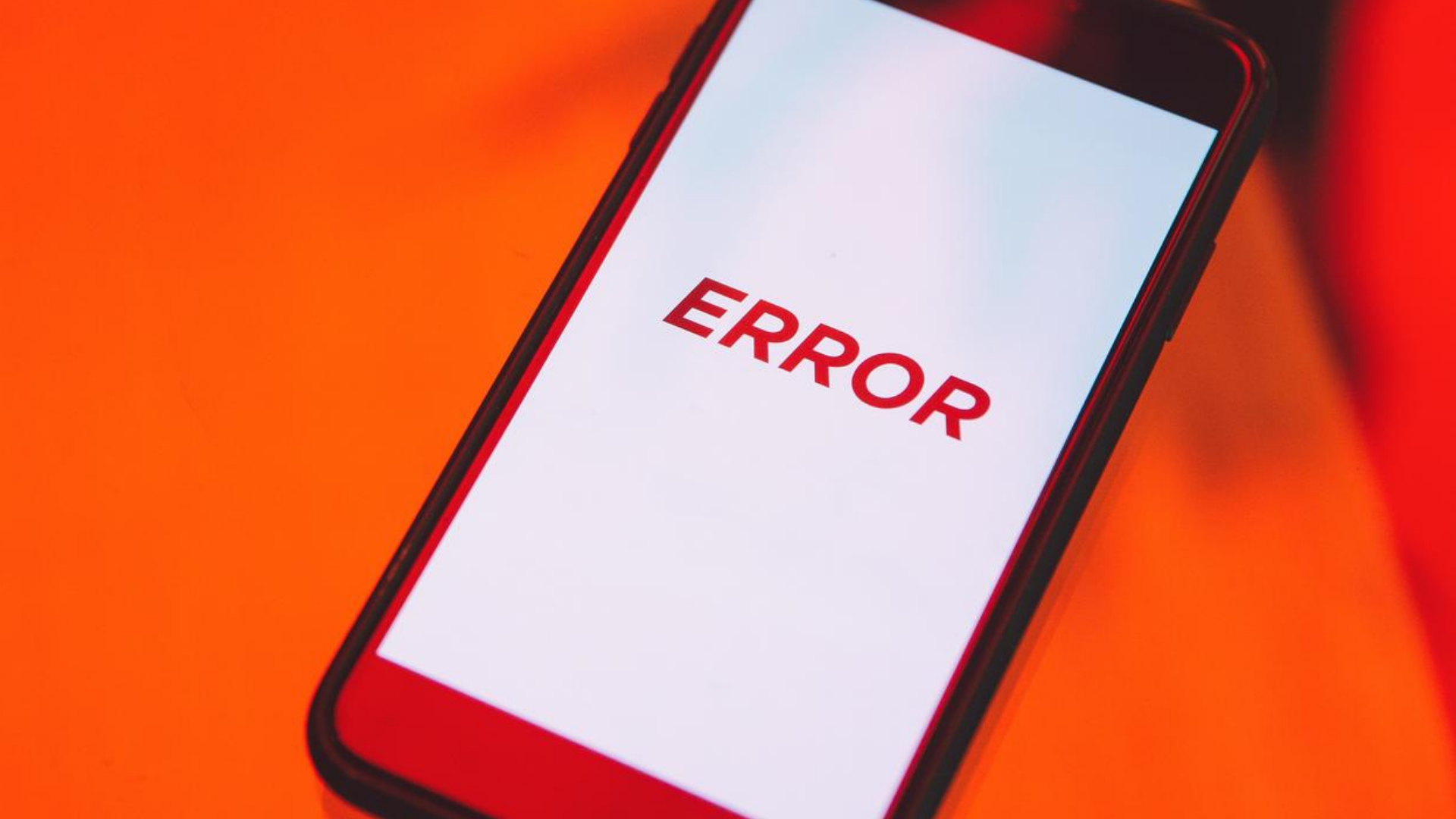
How to Identify Text Scams: Spotting the Red Flags
Published by Smart Office
With the increasing use of text for business and government communication, SMS scam messages have unfortunately risen as well. It’s crucial to be aware of the common signs that can help you spot these scams and protect yourself from potential fraud. Here are some red flags to watch out for.
Unusual Sender Numbers
One major red flag is receiving text messages from unusually long mobile numbers—especially those with eleven digits. Legitimate companies typically send messages from their established business numbers, not random or unidentified numbers. If you didn’t sign up to receive texts from a company and the message comes from an unfamiliar number, it’s best to ignore it and avoid any engagement.
Government Agency Scams
Be cautious if you receive text messages claiming to be from government agencies. Official government communication will never request payments or process documents via SMS. If you get a message stating you owe a debt or are eligible for some payment—like a raffle or refund—do not respond or click any links. Legitimate government agencies do not conduct financial transactions through text messages.
Prize and Refund Alerts
Another common tactic used by scammers is sending messages that announce you’ve won a contest or are eligible for a refund. If you receive a message claiming you’ve won something you didn’t enter, it’s likely a scam. Legitimate contests will not ask for personal information to claim a prize, and refunds will never be processed through text messages. These scams often require you to provide sensitive information, putting you at risk for identity theft.
What If You Receive a Message?
If you receive a text message that matches any of these red flags, the safest action is to delete or block the sender. Do not click any links or share any personal information. Staying informed and vigilant is key to protecting yourself from text message scams. By knowing what to look out for, you can navigate the world of SMS communication more safely.
Still Have Questions?
Follow the practices above to protect your privacy and keep your personal data secure. And check out our other articles for more advice on specific industries and use cases.

Ready to Start Texting?
Trust iZigg Mobile for your mobile marketing needs.
Site Search:
All Topics:
Learn more about our services and the industries we serve.
- Book of the Week (51)
- Custom Development (20)
- Digital Business Cards (14)
- Dining and Bars (12)
- Direct Sales (29)
- eCommerce and Retail (24)
- Education (12)
- Email Marketing (15)
- Healthcare (12)
- Live Events (20)
- Payment Software (12)
- Political Groups (12)
- QR Codes (15)
- Real Estate (12)
- Smarticles (252)
- Sweepstakes (15)
- Text Marketing (69)
- VoIP Telephone (32)
- Web Meetings (41)




